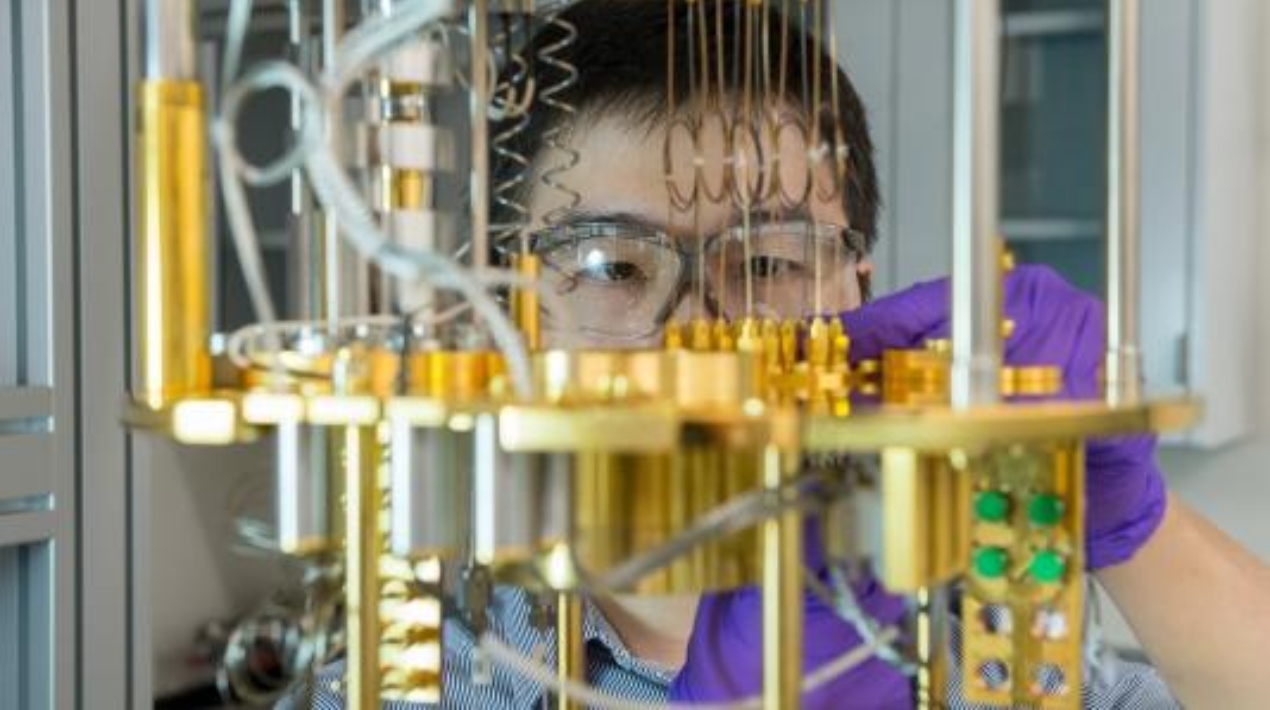
Argonne National Laboratory, part of the U.S. Department of Energy (DOE), has made substantial advances in quantum information science (QIS). Quantum information science (QIS) investigated the sensing and transmission of information using subatomic particles. It may one day lead to a quantum computer capable of tasks that were previously impossible to execute or a highly secure network for exchanging data.
By investigating novel materials, conducting rigorous simulations, and establishing themselves as industry experts, the lab has been working on expanding the boundaries of quantum information science (QIS). Recent progress manifested in extremely micro and nano sizes, from seconds to layers of atoms. Each tiny improvement brings us closer to our goal of using quantum physics in computing, communication, and sensing.
A single electron or a photon, the negatively charged portion of an atom, can carry information in the quantum world. However, materials with precise subatomic control must be developed to store and manipulate such particles. Graphene is a potential but challenging-to-make host for quantum data. Still, scientists at Argonne have constructed a material based on copper and carbon monoxide molecules to mimic graphene. The innovative quantum testbed verified hypothesised electron behaviour in graphene.
“It’s scarce for an experimental system to match theoretical predictions so perfectly,” said Dan Trainer, who worked on the study as a Postdoctoral Appointee at Argonne.
Argonne researchers have invented materials that can be controlled at subatomic levels to store and manipulate quantum particles. Other materials with potential for quantum applications have also seen significant progress, with silicon carbide being used to create a record-breaking qubit.
The material was used to build the largest qubit by Argonne National Laboratory and the University of Chicago team. Since qubit signals typically only endure on the order of milliseconds, it can be challenging to read them efficiently. The qubit’s quantum state was preserved for over five seconds while being read on demand.
Researchers at Argonne also showed how pure diamond membranes can be used as platforms for storing and processing quantum information in another study. The Department of Energy (DOE) is providing money for more research into a commercial production technique for this quantum diamond material through their Small Business Innovation Research (SBIR) and Small Technology Transfer (STTR) programmes.
The diamond idea is a subset of more extensive efforts to use flaws in crystals for use in quantum systems. For example, diamond membranes are a type of solid-state spin qubit, the subject of a recent Nature Reviews Materials journal. They revealed that pure diamond membranes could be used to encode and decode quantum information.
Moreover, researchers have utilised atomic-scale computer simulations to observe flaws growing, migrating, disappearing, and rotating in a sample throughout time and over a range of temperatures, which is impossible in practice. In addition, they used quantum computers to model quantum materials and suggested a way to increase the precision of quantum computing.
According to Elizabeth Lee, a Postdoctoral Researcher at the UChicago Pritzker School of Molecular Engineering who worked on the project, we can watch atomic-scale computer simulations with high-performance computers to watch defects forming, moving, disappearing, and rotating in a sample over time at different temperatures.
“We can watch defects forming, moving, and rotating in a sample over time at different temperatures,” she explained. Currently, this is something that can only be done experimentally. “The dynamics of quantum objects can be revealed through computer simulations in ways that experiments cannot. One study demonstrated the conversion of vacancies (spaces without atoms) in crystalline materials into quantum information.”
Another essential step is collaboration. More than twenty members from business and academia have joined Q-NEXT.
















